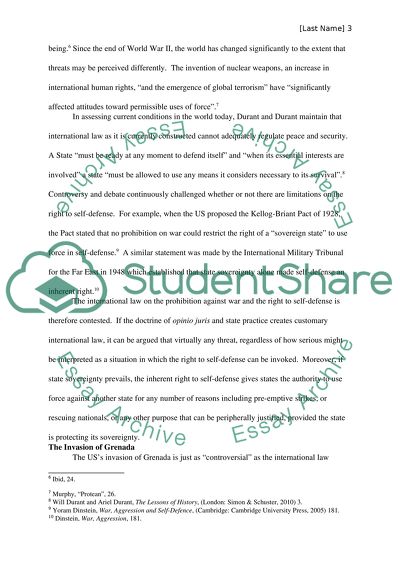Cite this document
(“Granada Assignment Example | Topics and Well Written Essays - 1250 words”, n.d.)
Granada Assignment Example | Topics and Well Written Essays - 1250 words. Retrieved from https://studentshare.org/history/1467794-granada
Granada Assignment Example | Topics and Well Written Essays - 1250 words. Retrieved from https://studentshare.org/history/1467794-granada
(Granada Assignment Example | Topics and Well Written Essays - 1250 Words)
Granada Assignment Example | Topics and Well Written Essays - 1250 Words. https://studentshare.org/history/1467794-granada.
Granada Assignment Example | Topics and Well Written Essays - 1250 Words. https://studentshare.org/history/1467794-granada.
“Granada Assignment Example | Topics and Well Written Essays - 1250 Words”, n.d. https://studentshare.org/history/1467794-granada.


